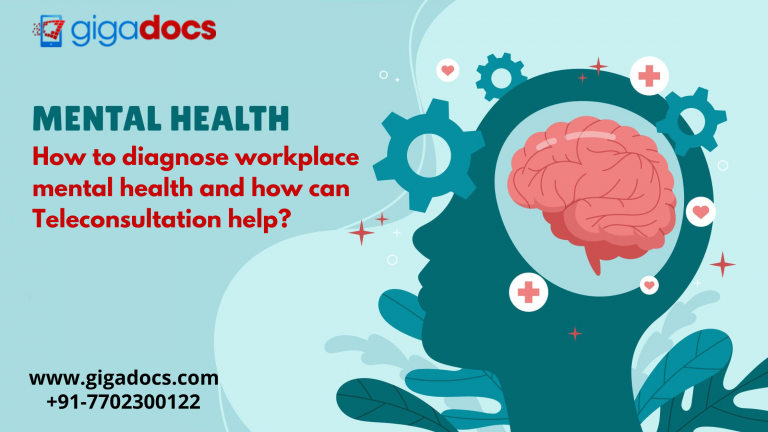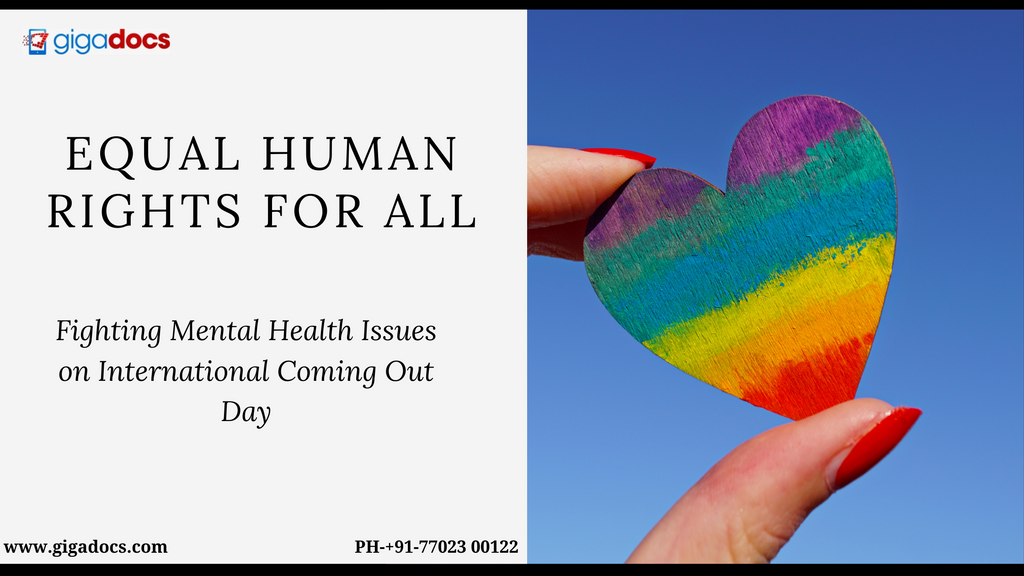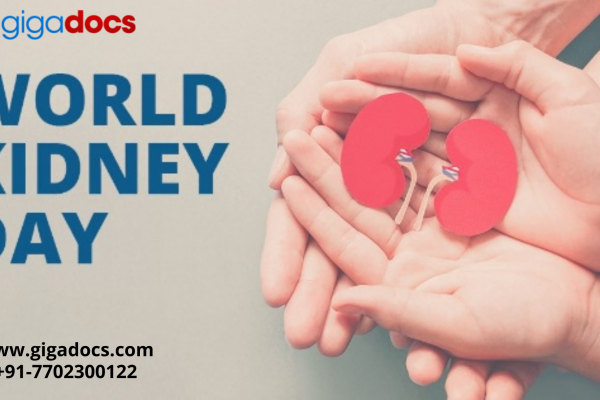Sometimes, we can all be “sad” or “blue” in our lives. Needless to say, we would have felt sad, anxious, or depressed at some other point in our life but do we understand what it is? A mental illness is a medical condition that causes distress and difficulty functioning, altering a person’s behavior, thinking, or feelings.
Individuals with mental illness may not appear ill, particularly if their illness is mild. Some apparent symptoms include agitation, depression, withdrawal, confusion, schizophrenia, ADHD, autism, and OCD (obsessive-compulsive disorder). These symptoms affect a person’s thoughts, actions, and/or feelings. On this mental health day (10 October), let’s discuss mental illness in general terms and specific mental illnesses at other times, like the feeling of depression at the workplace and how to address it.
Many people suffering from severe mental illnesses, face two challenges. First, they deal with the symptoms and disabilities of the disease, and second, they face stereotypes and prejudice in society due to misconceptions about mental illness. As a result, people suffering from mental illnesses are denied opportunities and, in the long run, a good life, good jobs, safe housing, adequate health care, and social security.
Mental illness in India
In India, mental illnesses have a long history of being looked down upon and highly stigmatized. Acceptance is frequently replaced by denial, shaming, victim blaming, and religious rituals.
Depression is generally understood as an irrational desire to be sad; this feeling is common among people of all ages. People who are unaware that what they’re saying is incorrect and harmful often tend to misuse terms such as “crazy,” “OCD,” “bipolar,” and “depression,” which spreads negativity among those who are undergoing the situation.
On this World Mental Health Day, let us take a step forward and learn about the various types of mental illnesses, mental health in the workplace, and how to diagnose mental illness without stigma.
Understanding the different types of Mental Illness?
There are nearly 300 different types of mental illnesses, they include-
- Mood disorders (like depression or bipolar disorder)
- Anxiety problems
- Personality flaws
- Disorder consuming disorders
- Trauma-related illnesses (such as post-traumatic stress disorder)
- Substance abuse disorders
Mental Health at the Workplace
When we speak of the workplace, mental illness is still largely taboo According to the Associated Chambers of Commerce and Industry of India, a whopping 42.5 percent of private sector employees in India suffer from general anxiety disorder and/or depression. Even though many people with mental health issues work, they rarely discuss them because they are afraid of being judged or stigmatized. Even though half of all employees (and 60% of millennial employees) reported having a mental health problem, only one-third sought help from their employers.
Mental Health Diagnosis with Gigadocs
Although mental illnesses are common, their severity varies. About one in every 25 adults has a serious mental illness (SMI) yearly. An SMI can significantly impair your ability to function in daily life. What should you do when someone shows mental illness symptoms-
- Inform people that what they’ve said is hurtful to people suffering from mental illnesses. The human connection is frequently the missing link. Empathy or sympathy is a powerful tool for changing behaviors and mindsets because it transforms a concept into a reality.
- Explain the facts about mental health, which helps to prevent stigma from spreading. People enjoy sharing their knowledge with others, so this is an excellent opportunity to provide them with something worthwhile to share.
If the symptoms mentioned above are not treated, they may worsen. If you or someone you know has a mental illness, contact Gigadocs for psychological assistance. Gigadocs is here with expert teleconsultation and medical advisory.
Download the Gigadocs App from–
- IOS App – apple.co/2W2iG4V
- Android App – bit.ly/33AQoR




